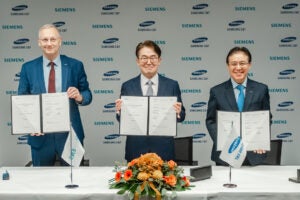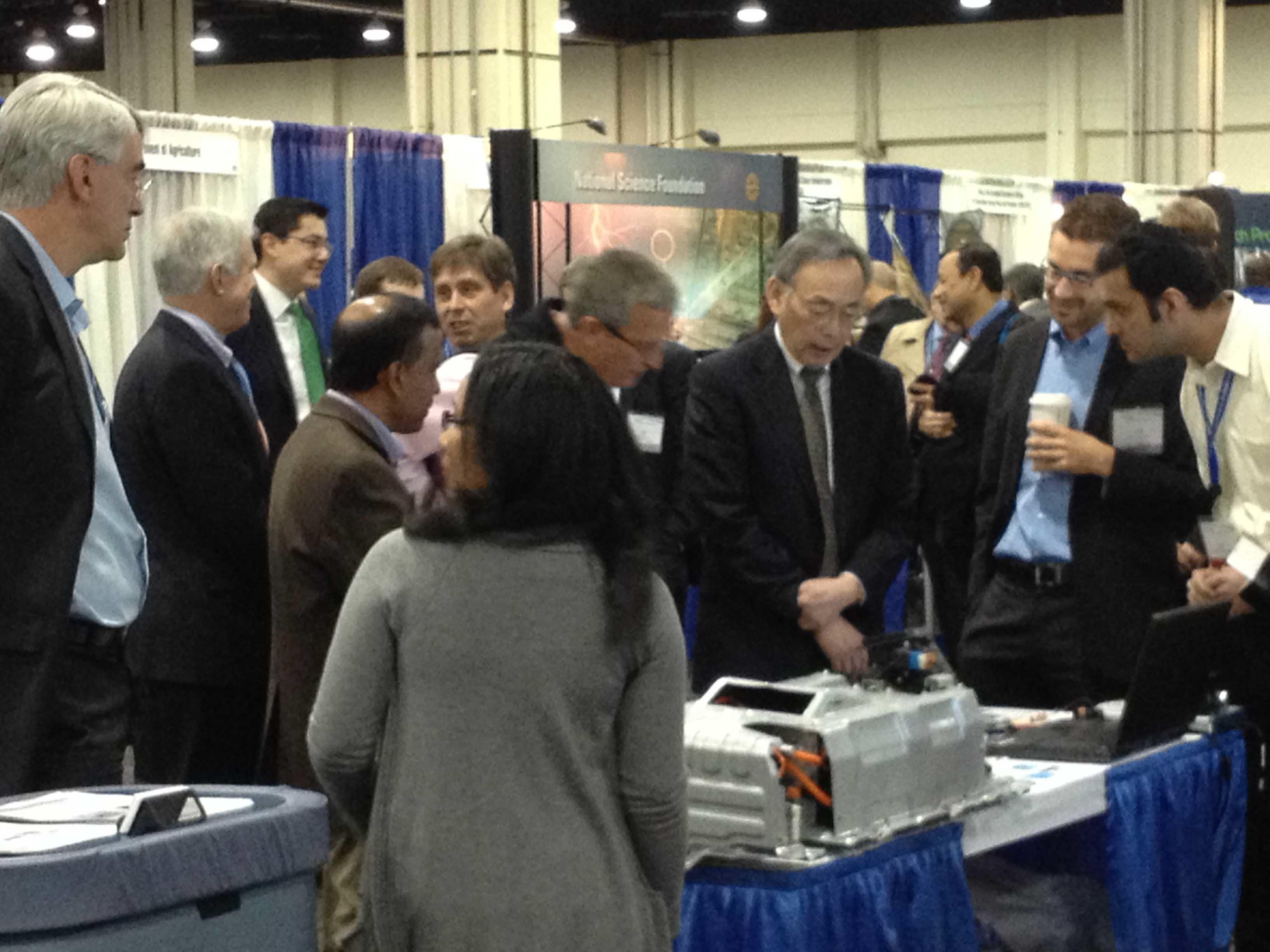Energy Secretary Steven Chu ended weeks of speculation by announcing that he will not serve a second term in the Obama administration. In his Feb. 1 announcement, Chu said, “In the short term, I plan to stay on as Secretary past the ARPA-E Summit at the end of February. I may stay beyond that time so that I can leave the Department in the hands of the new Secretary.”
In a lengthy, detailed letter, Chu, a physics Nobel Prize winner, detailed the work done by the Department of Energy during his tenure.
That tenure has not been without controversy, most notably the saga of Solyndra. Obliquely addressing that episode, Chu said: “Through the Recovery Act, the Department of Energy made grants and loans to more than 1,300 companies. While critics try hard to discredit the program, the truth is that only one percent of the companies of the companies we funded went bankrupt. That one percent has gotten more attention than the 99 percent that have not.
“The test for America’s policy makers will be whether they are willing to accept a few failures in exchange for many successes. America’s entrepreneurs and innovators who are leaders in global clean energy race understand that not every risk can—or should—be avoided. Michelangelo said, ‘The greater danger for most of us lies not in setting our aim too high and falling short; but in setting our aim too low, and achieving our mark.’”
Among the achievements Chu expressed satisfaction with are the work of ARPA-E, the SunShot Challenge, progress in breaking down the walls between basic science and applied science programs, doubling the power generated from wind and solar energy, and home weatherization for low-income homeowners.
Pundits will debate the merits of Chu’s achievements, but the secretary’s comments made clear that he had hoped to bring reason to the politicized department: “I have worked each day to move the Department in a direction where the political leadership and highest levels of career managers have the intellectual curiosity and wisdom to learn from the people who reported to them and where the subject matter experts—which should include managers at the highest levels—as well as employees at our national laboratories welcome their counsel and help. I grew up and matured in organizations where a graduate student or staff scientist could have a discussion with a company department head, a professor, a national lab director and be heard, not because of their rank in the organization, but because of the quality of their ideas.”
Chu concluded his resignation letter with comments on the DOE’s role as it relates to economic prosperity, dependency on foreign oil, and climate change. In those remarks, he said, “Our ability to find and extract fossil fuels continues to improve, and economically recoverable reservoirs around the world are likely to keep pace with the rising demand for decades. As the saying goes, the Stone Age did not end because we ran out of stones; we transitioned to better solutions. …
“Ultimately we have a moral responsibility to the most innocent victims of adverse climate change. Those who will suffer the most are the people who are the most innocent: the world’s poorest citizens and those yet to be born. There is an ancient Native American saying: ‘We do not inherit the land from our ancestors, we borrow it from our children.’ A few short decades later, we don’t want our children to ask, ‘What were our parents thinking? Didn’t they care about us?’”
Chu said he expects to return to California, where he plans to return to an academic life of teaching and research while working “to advance the missions that we have been working on together for the last four years.”
Sources: POWERnews, DOE
—Gail Reitenbach, PhD, Managing Editor (@POWERmagazine, @GailReit)
This story was originally posted on Feb. 1.









